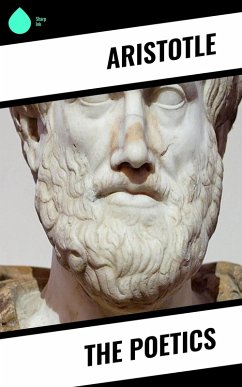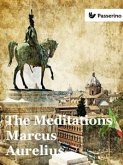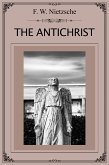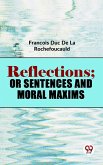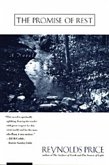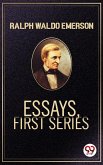In "The Poetics," Aristotle provides a comprehensive analysis of dramatic theory that has profoundly influenced literary criticism throughout history. This seminal work articulates core principles of tragedy, epic poetry, and comedy, emphasizing the importance of mimesis (imitation of life), catharsis (emotional purging), and the structural components that define effective storytelling, such as plot, character, and thematic depth. Aristotle's meticulous approach offers insight into the psychological and emotional mechanisms that engage audiences, positioning literature as a reflection of moral and philosophical inquiry in ancient Greek culture. Written in clear, methodical prose, the text balances empirical observation with philosophical discourse, making it both an accessible introduction to literary theory and a profound examination of poetic art. Aristotle, a student of Plato and a prodigious philosopher in his own right, explored a varied intellectual landscape that encompassed ethics, metaphysics, and natural sciences. His experiences in the court of Macedon and his connection to the Athenian dramatic tradition informed his understanding of human behavior, which is vividly captured in "The Poetics." This work not only crystallizes Aristotelian thought but also serves as a response to the poetic practices prevalent in his time, reflecting the dynamic interplay between art and society. Approaching "The Poetics" is essential for anyone interested in the foundations of literary theory and the mechanics of storytelling. Scholars, writers, and audiences alike will find Aristotle's insights invaluable for understanding the enduring principles of narrative and character development. This work remains a crucial resource that catalyzes a deeper appreciation of classical literature and its continuing influence on contemporary art forms.
Dieser Download kann aus rechtlichen Gründen nur mit Rechnungsadresse in A, B, BG, CY, CZ, D, DK, EW, E, FIN, F, GR, HR, H, IRL, I, LT, L, LR, M, NL, PL, P, R, S, SLO, SK ausgeliefert werden.
Hinweis: Dieser Artikel kann nur an eine deutsche Lieferadresse ausgeliefert werden.

